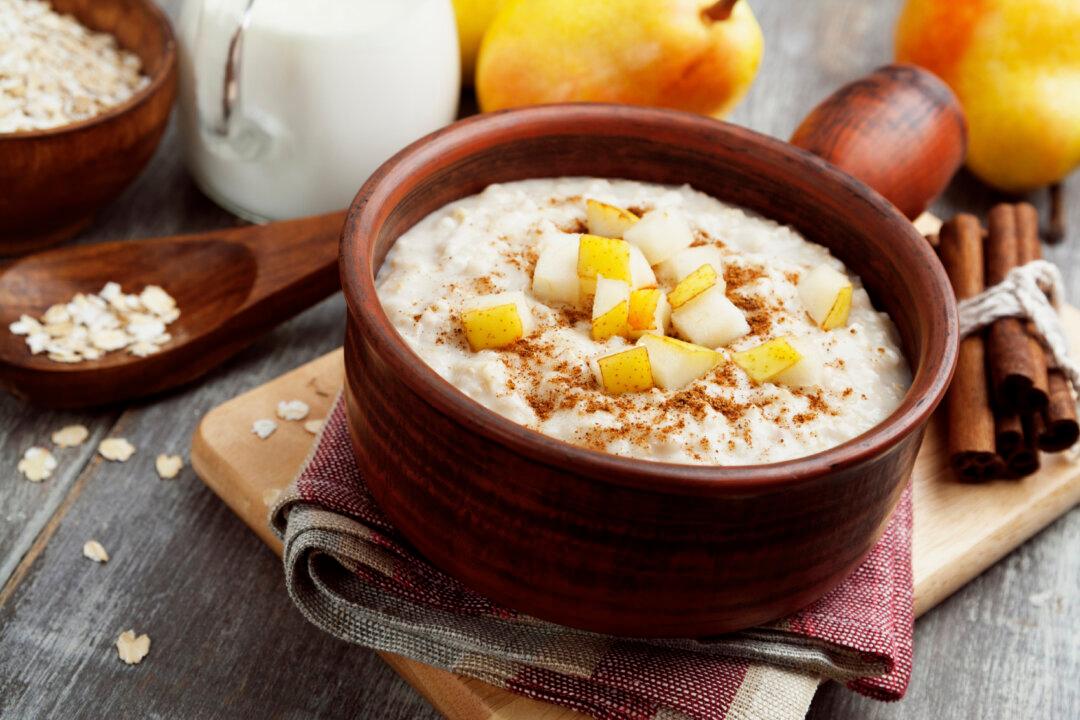Cinnamon, Gui Zhi, is one of the oldest spices around and it is mentioned frequently in the Bible as an ingredient for making holy anointed oil. even earlier, cinnamon received much attention in China. It is mentioned in one of the earliest books (approximately 2,700 B.C.) about Chinese botanical medicine.
Today, the cinnamon twig is one of the most important circulatory herbs in Chinese herbalism. Gui Zhi is made from the fine branches and twigs of the Saigon cinnamon tree, a large tropical tree. Gui Zhi, or cinnamon, warms the body and invigorates circulation. It induces perspiration and relieves muscle spasms.





